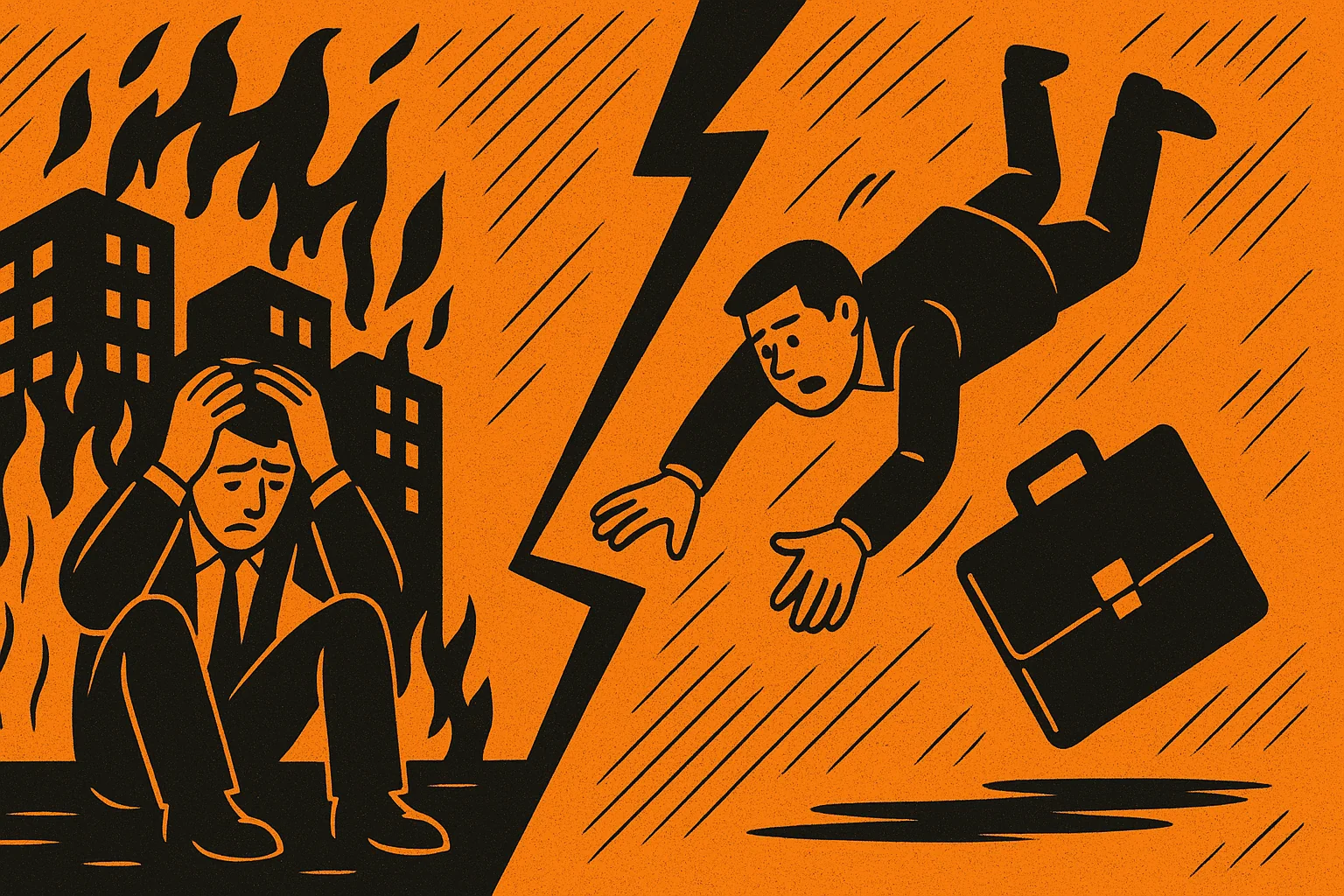In 2025, living in Arab countries is entering an unprecedented phase of daily pressure on households. Expenses are no longer just numbers on indices, but a suffocating living landscape that redraws the citizen's relationship with housing, work, and the state itself. Global inflation, weak policies, and shifting markets have collectively hit the basics of life: rent, salaries, job security, and resilience.
In many Arab cities, households are spending 40-50% of their income on rent alone, many times what is globally considered a "safe limit." Egypt is a stark example: In New Cairo and neighboring areas, prices jumped by more than 100% in one year, while rents rose by 22-18% in 2023 alone, turning average apartments into an unbearable burden for young people. In Dubai, rents rose by 27% on average, with luxury areas surpassing 40%.
This has been accompanied by a regional wave of precarious work: the digital economy, delivery platforms, and freelance work have created opportunities...but without protection. Today, some 64% of Arab labor is outside the formal sector, with no insurance or safeguards. Even in the Gulf, where wages are higher, delivery platforms saw protests after fuel prices rose, while salaries did not rise as fast. In Egypt, despite raising the minimum wage to EGP 4,000, purchasing power remained lower than it was before inflation.
While technology could have eased the burden of living, the study reveals a widening digital divide: While the internet has reached 70% of the region's population, millions remain outside the digital economy. Arab women are 18% less likely to use the internet than men, while countries like Yemen, Syria and Djibouti remain below 30% penetration. This means large segments are denied access to flexible work opportunities, digital finance and remote education - tools that have eased the cost of living in other countries.
The harshest face is seen in the most fragile countries:
Lebanon, Sudan and Yemen.
Here, it's no longer an economic crisis...it's an existential crisis.
In Lebanon, the lira lost more than 98% of its value, food inflation jumped more than 11-fold in two years, and more than 80% of Lebanese became poor.
Sudan experienced over 360% inflation before the war, and food prices multiplied by more than 700% after the outbreak of fighting.
Yemen is experiencing the world's worst humanitarian crisis, with more than 80% of the population below the poverty line and food inflation exceeding 400%.
The study argues that these crises are not separate, but interconnected: housing is affected by the labor market, labor is affected by digitalization, and inflation is linked to the state's ability to provide safety nets. When the state collapses - as in Lebanon, Sudan, and Yemen - inflation is no longer a number, but a daily battle for survival.
Bottom line:
Arab living in 2025 is not a temporary crisis, but a deep structural transformation that affects both the economy and society. If the roots of the housing economy, job fragility, digital divide, and state collapse in some countries are not addressed, the region could be headed toward widening poverty, a shrinking middle class, and a ruptured social contract.
To view the video and read the full analytical paper, please scroll down.
Living in Arab countries: Unbearable housing and insecure jobs
When rent becomes a dream, a job becomes an illusion, and the state is absent... Expense turns from an economic number to the story of an entire community searching for survival.

Comments